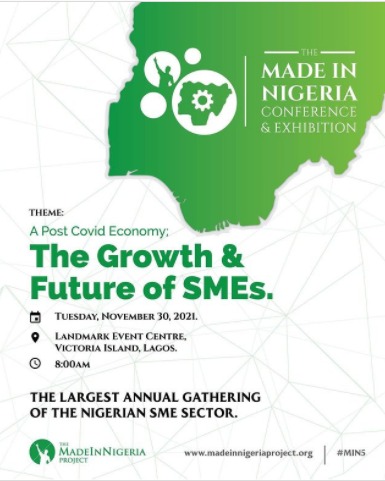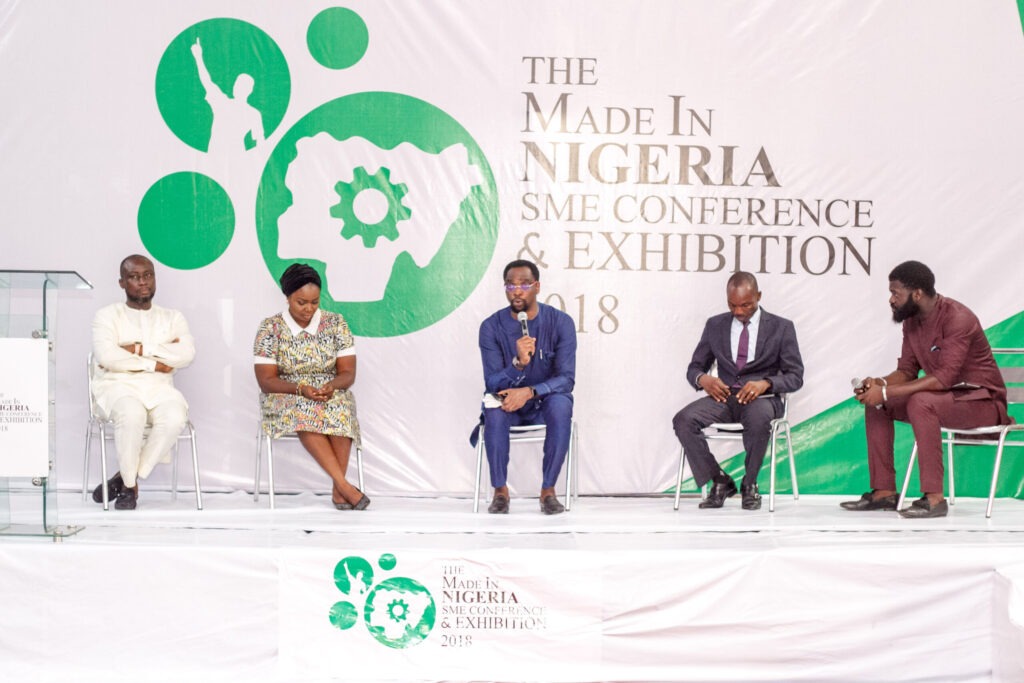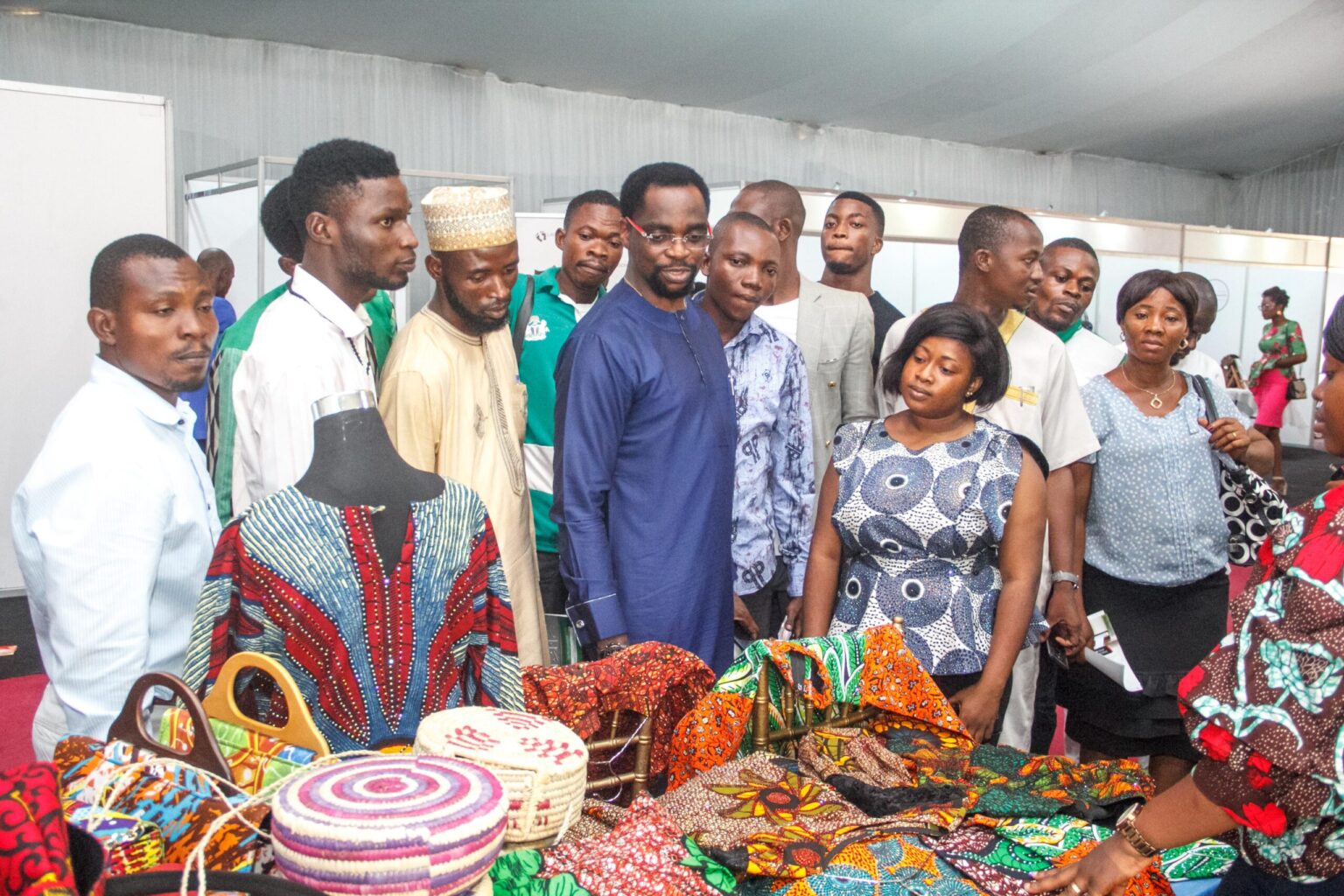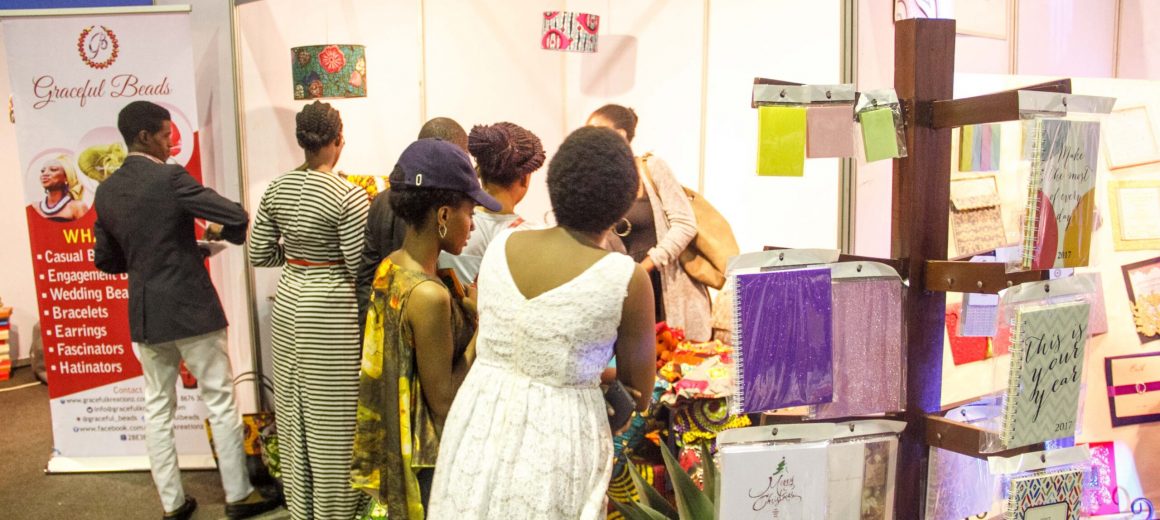The 5th edition of The Made in Nigeria Conference & Exhibition 2021 is here!
The Made In Nigeria Project, organizers of The Made In Nigeria SME Conference & Exhibition has officially announced the fifth edition of its annual conference scheduled to hold on Tuesday, 30 November 2021 at the Landmark Events Centre, Victoria Island, Lagos. The one day Conference & Exhibition, themed; A Post-Covid Economy – The Growth & Future of SMEs seeks to pragmatically address the present realities and challenges faced by MSMEs post Covid19 and have critical discussions on issues bordering on SMEs advancement, economic growth, ease of doing business, economic diversification, access to finance, and the role the informal sector plays towards job creation & employment.
 The key thrust of the one day conference will focus on a holistic national framework that will project ‘Made In Nigeria’ as the surest and most bankable alternative to oil and provide a national development strategy for our short, medium and long term plan for self-sufficiency, economic diversification and an export-driven economy with a focus on encouraging local production and consumption.
The key thrust of the one day conference will focus on a holistic national framework that will project ‘Made In Nigeria’ as the surest and most bankable alternative to oil and provide a national development strategy for our short, medium and long term plan for self-sufficiency, economic diversification and an export-driven economy with a focus on encouraging local production and consumption. The Conference will feature notable speakers & panellists drawn from the public and private sectors and on the sidelines of the event host The Made In Nigeria Exhibition – WAZOBIA which will have a special trade hub and will be open to manufacturers, distributors, service providers whose products and services are Made in Nigeria themed.
The Conference will feature notable speakers & panellists drawn from the public and private sectors and on the sidelines of the event host The Made In Nigeria Exhibition – WAZOBIA which will have a special trade hub and will be open to manufacturers, distributors, service providers whose products and services are Made in Nigeria themed.
 On the sidelines of the event is the DEAL ROOM, an exclusive and specially dedicated room for SMEs at the conference. Consultants, private organizations, public agencies, and advisory firms will provide free 360 consultancy, tailored assessment, profiling, financial services, business solutions & mentoring to MSMEs at no cost as we have partnered with relevant stakeholders to enhance their businesses, provide funding, offer business support, empower them and aid their growth.
On the sidelines of the event is the DEAL ROOM, an exclusive and specially dedicated room for SMEs at the conference. Consultants, private organizations, public agencies, and advisory firms will provide free 360 consultancy, tailored assessment, profiling, financial services, business solutions & mentoring to MSMEs at no cost as we have partnered with relevant stakeholders to enhance their businesses, provide funding, offer business support, empower them and aid their growth.
Registration
Registration is FREE and now open via – www.madeinnigeriaproject.org
Join the conversation via – #MIN5





